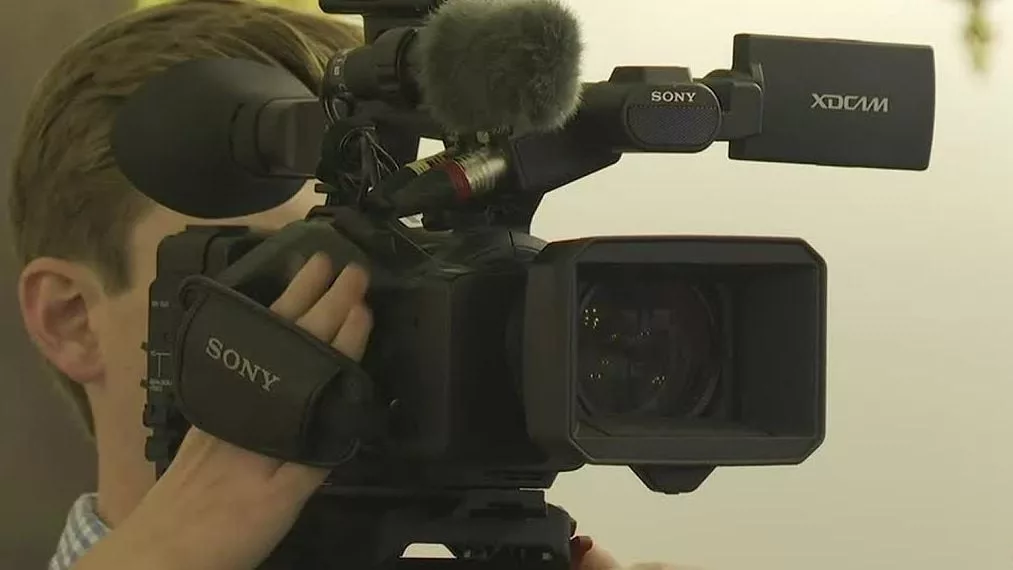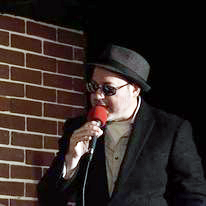
WATERBURY, Vt. (WCAX) – Could an effort underway to acknowledge the state of Vermont’s past wrongdoings undermine Democracy in the process? Vermont’s Truth and Reconciliation Commission was created last year to investigate state-sanctioned discrimination. But a battle is brewing over the panel’s effort to limit public access to its proceedings.
“It’s important to me that we get the full story before people that want to come before the commission,” said Rep. Mike McCarthy, D-St Albans.
A bill in front of the House Government Operations Committee would allow for the creation of affinity groups where people who experienced discrimination could meet with the commission behind closed doors. The bill would carve out exemptions to Vermont’s Open Meeting Law to allow anonymous testimony and to close meetings in cases where there are threats against participants.
“Where the commission makes a finding that those threats are material, could they move into a closed meeting? They can watch the meeting but only if they are invited. Could they participate?” said Michele Olvera, the commission’s general counsel.
But the Vermont Press Association and the Vermont Association of Broadcasters — of which WCAX is a member — are among the groups concerned the exemption could lead to a slippery slope.
“If the public doesn’t understand or doesn’t have access to what’s happening in their government and the discussions and deliberations that are happening that are going to create the laws that are going to govern them, that’s a huge part of our democratic process that’s being ignored,” said Wendy Mays, VAB’s executive director.
Olvera says they sympathize with transparency and Vermonters’ right to know but says protecting peoples’ safety is important, too.
Any final report and recommendations from the commission are still years away. “Whether or not those recommendations require funding whether there needs to be staff and even thinking about reparations is really a conversation for after the commission has done their mandated work,” Rep. McCarthy said. He says the Legislature would also have to sign off on any final product.
The concerns over the commission’s transparency come at the same time as a larger debate about access. Pandemic-era rules for public meetings are ending in July and lawmakers are considering allowing the continuation of meetings without a physical location.
Related Stories:
Vermont Truth and Reconciliation Commission gives update on recent work
Vermont Truth and Reconciliation Commission holds first public meeting
Vt. Truth and Reconciliation Commission gets to work
Vermonters appointed to Truth and Reconciliation Commission
Vt. lawmakers move forward to establish reconciliation commission
Vermont Senate joins House in eugenics apology
Vermont House unanimously supports eugenics apology
Lawmakers look to acknowledge Vermont’s role in eugenics research
Lawmakers push for apology for Vermont’s role in eugenics research







